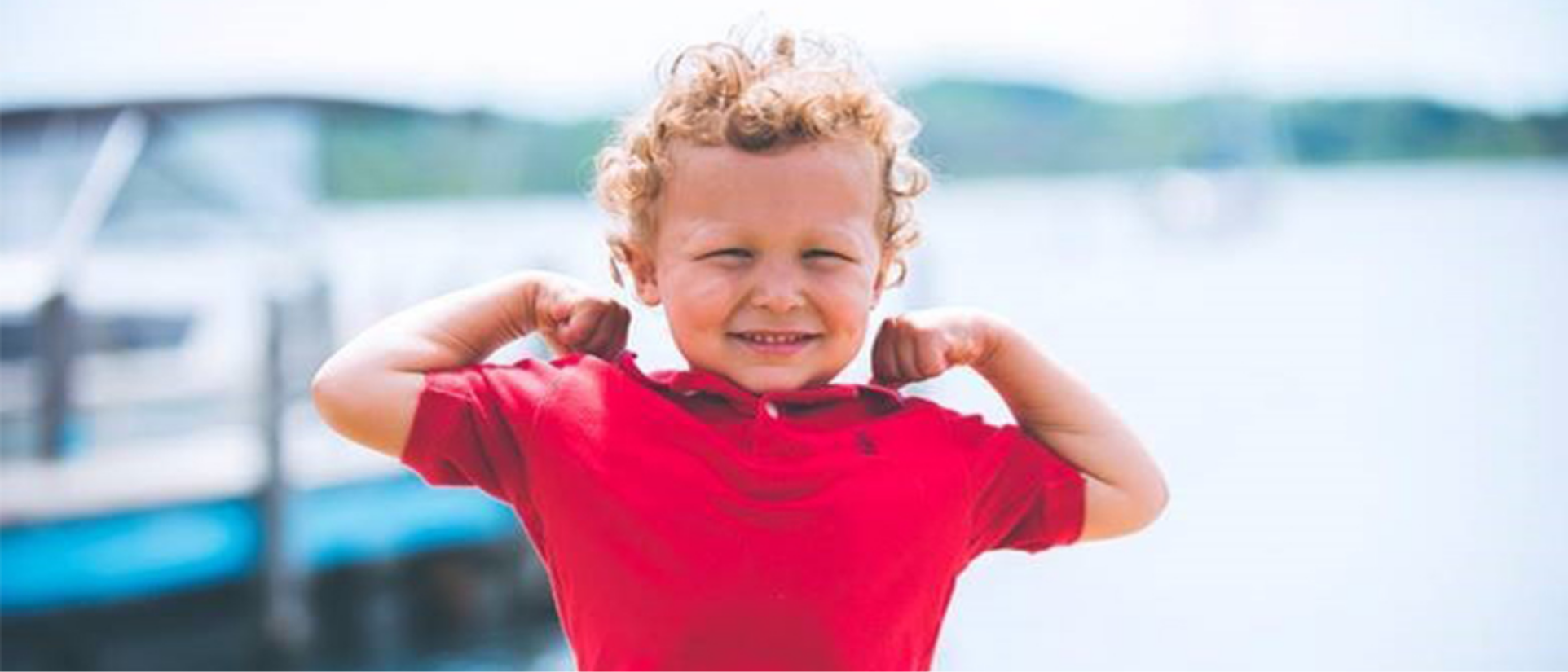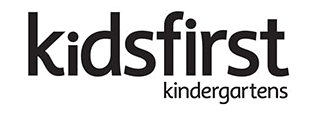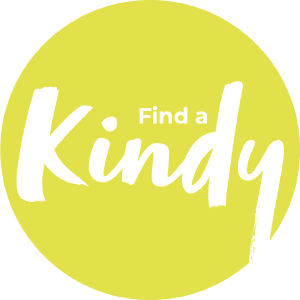
Raising confident, resilient kids
Most children go through phases when they’re more hesitant than usual. There are things you can do to boost your child’s confidence to give things a go.
The first five years demand more of human beings than any other life stage. Just think about it - we emerge into the world able to do little else than eat and pee and poop, and as every exhausted breastfeeding mum or nappy-changing whānau member knows, even those things have a long way to go.
Tiny humans have no choice but to keep on learning the next thing - it’s built into their wiring. Right through to early adulthood (some say, even beyond), human beings progress through various stages of thinking, emotional, social and physical development. Just how many stages there are depends on which theorist/s you subscribe to, and new science brings new insights every year.
The basics remain the same no matter which experts are doing the thinking: little people move through a series of steps in a range of areas at their own pace. There is no such thing as a straight line when it comes to child development.
“There’s more than one way to grow up, and every child does it in their own sweet time.”
Concerns about whether their child is hitting developmental milestones on time are some of the most frequent questions our teachers get from parents. The vast majority of the time, the answer is, there’s no hard and fast rule. They’ll catch up. At others, a referral to Learning Support@MOE, or a trip to your GP can provide peace of mind to ensure that children and whānau get the help and support they need, early.
New found developmental skills come ripe with opportunity for children to try new things, and while the parental or caregiver priority might be toilet training and getting clothes on in the morning, theirs are likely to be other things altogether. Discovering the joys of permanent markers on walls, for example.
The joys of discovery and the freshly minted determination of the legendary ‘Twos’ take children through a stage of fierce self-sufficiency.
Still, there comes a point in most children’s lives when, even if they’re developmentally ready, something inside of them says ‘no’. It’s not uncommon at around 18 months to two years of age for them to develop new fears, and as the push to develop new skills grows even more, to shy away from unfamiliar things.
So what is to be done for the nervous under 5?
We asked four Kidsfirst teachers with 100 years of experience between them for their top confidence-building tip and here’s what they told us:
- Children need to feel safe and secure to learn new things - providing understanding, encouragement and a sense of acceptance, no matter the outcome, lays the ground for successful attempts. Sometimes children say ‘I can’t’ because they are worried they will fail. Let them know it’s OK to try and try again, and that most things take a few attempts to get right.
- Teach children to do age-appropriate things for themselves - choosing their own clothes (you should see what turns up to kindy some mornings!), putting on their own shoes, filling their own plastic cup. Pro tip: start with a jug. First attempts using taps are almost always disastrous, and you’ll be the one wielding the mop. Check out these great ideas to help you raise a self-sufficient kid.
- Look for the signs they’re ready to try something new - core to the Kindergarten Philosophy is that children learn at their own pace, and the best way for them to learn is through their own discovery and play. That’s why we value trained, registered teachers - they go through initial training, and continue to undertake professional development all year round to keep up to date with the latest literature. They’re trained to recognise when children are interested in discovering something new, and in ways to encourage them to take that interest further.
- Help them learn and practise new things all day, every day - “What we do here, is we foster that independence all the time,” says Anna Johnson of Lady May kindergarten. “Even with our two year olds. We’ll say ‘Get your lunch box and your drink bottle, you try first and then I’ll help you with the shoes’. All of that goes into it.”
Ultimately, every child is an individual, with their own, unique levels of confidence in different areas of life. The great thing about kindergarten & early learning centres is that our small class sizes make it easier for teachers to get to know children well.
Have a chat with your child’s teacher if you’re looking for some ideas, or if you’re concerned about your child.
There’s also some great reading here:
“Raising Confident Kids.” Parenting Place, 8 May 2019
“Free Range Kids.” Raising Children NZ“2 - 5 Years » Your Child's Development.” Plunket
Join our whānau





